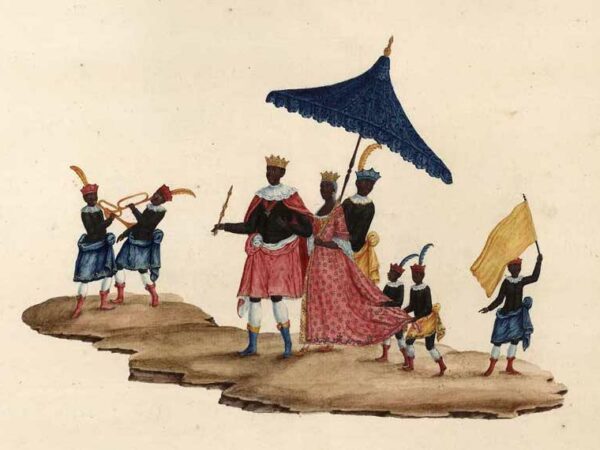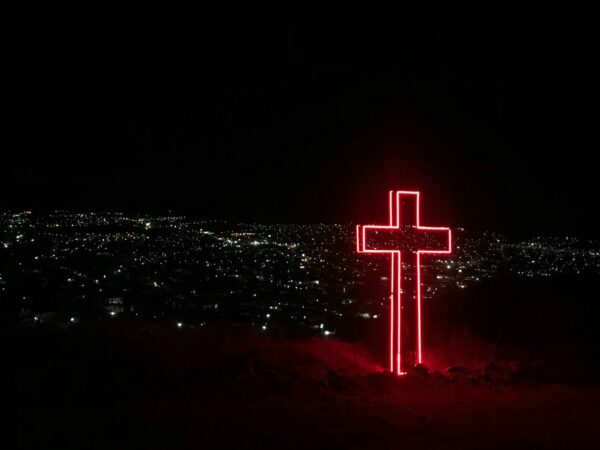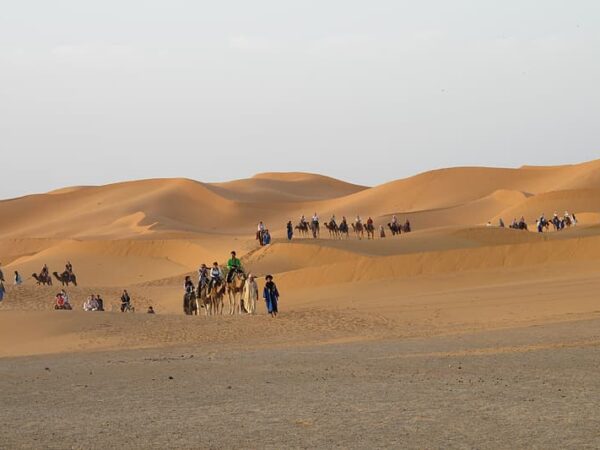
To think of this empire as anything other than wrapped up in mimesis is to think otherwise. This essay explores how mimesis has captured us all and conscripted us into its political ontology. This essay offers another way to consider being; another way to find ourselves with the introduction of Jesus as a Political Atheist.

Christian nationalism is a form of superstition. It is superstitious because, instead of appealing to the God of all nations, it appeals to a culturally fabricated God for cultural privilege, power, and benefits.

When we work towards the eradication of structures that perpetuate poverty in our communities, those that divide us, systems that perpetuate classism or any form of caste system, we each become the light that others see around them. This is also how we embody the glory of God as was experienced by the shepherds in the Lukan narrative.

Where state sovereignty as theology would have subjected groups accept their condition with its attending violence and suffering, the micro sovereignty I propose here – not merely as a futuristic idea, but more as a reflection on how subjected groups have dealt with subjection – invites us not to accept that violence and suffering, but to find creative ways out of it through the cracks of Empire.

What if Zephaniah’s addressees had a right to mourn, lament, and rage against the wrath of Yhwh? Afterall, Yhwh’s favor is fickle in Zephaniah, entirely contingent on a particular obedience and only coming after the divine wrath is spent.

YHWH invites the people of Judah and Jerusalem to revolt against self-centered government, changing their allegiance from the Persian emperor to YHWH, who is the Lord, the messenger, and the message.

When we read of God enthroned as the great king, perhaps we can imagine a system of governance where our political rivals are not beaten into submission, but are disarmed by love; where those who are different from us are respected, listened to, learned from; where brute force is neutralized by a refusal to retaliate and is resisted through active non-violence. Toward this end, God is indeed the great leader, the one who models “power under” for all of us.




